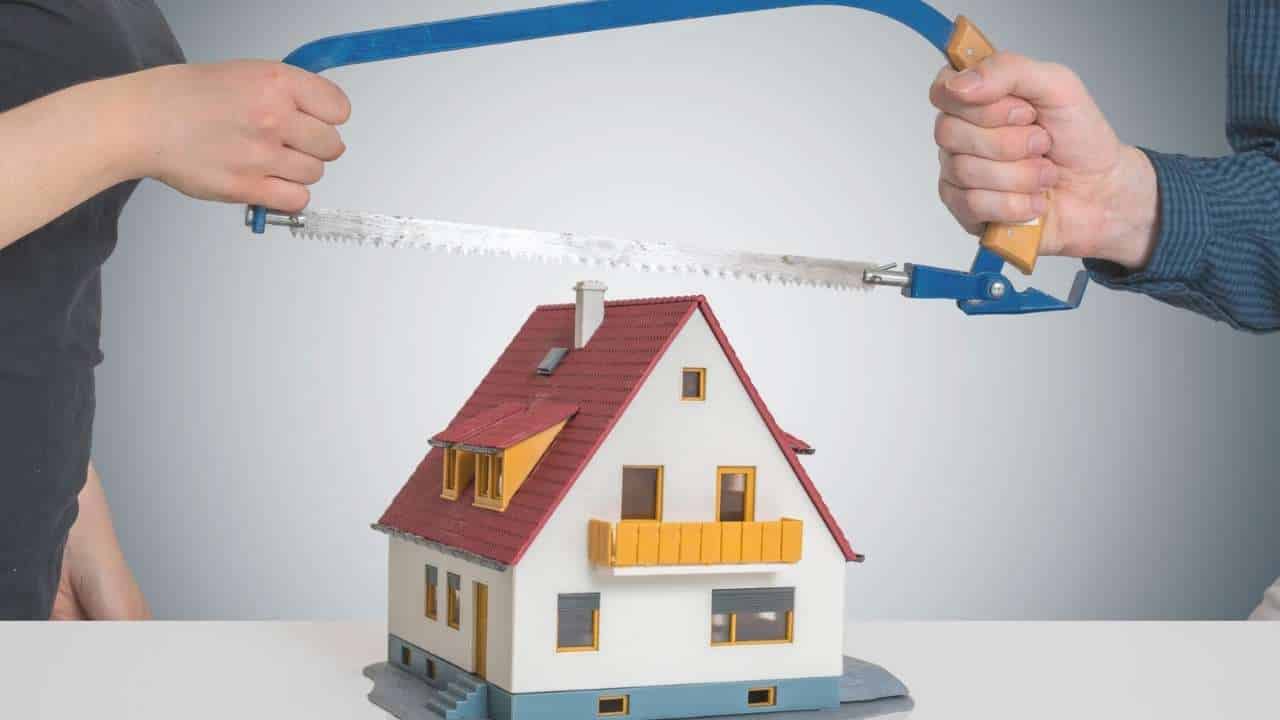Divorce property division can be a complex area of an Illinois divorce. When dissolution proceedings are initiated a number of issues typically arise. One of the biggest tends to be the allocation of the parties’ assets and debts. If there isn’t a pre-marital agreement, the parties will likely have a lot to discuss and there may be some confusion regarding what is truly on the table.
Table of Contents
- What is Considered “Property” in Divorce?
- How is Property Classified in Divorce?
- What is considered marital property?
- What is considered non-marital property?
- How is Divorce Property Divided or Allocated?
- What Divorce Property is Considered “Mixed” Property?
- What about property that was owned prior to the marriage but is then sold during the marriage?
- What If We Agree or Do Not Agree on the Division of Our Assets and Debts?
What is Considered “Property” in Divorce?
When you hear the word “property” you may think of real estate and land. That is correct and those are considered “real property” in the legal world. However, there is also “personal property,” which is everything that is not considered real property. The typical examples of personal property involved in divorce include:
- automobiles,
- money,
- bank accounts,
- investment accounts,
- furniture,
- personal belongings,
- retirement accounts, etc.
How is Property Classified in Divorce?
In an Illinois divorce, property is classified as “marital” or “non-marital.” However, things get complicated in divorce because some property can have both marital and non-marital elements, which will be discussed more below.
What is considered marital property?
Generally speaking, all of the property a couple acquires during their marriage is considered marital property. It does not always matter whose name is on a title or an account.
What is considered non-marital property?
Non-marital property is usually acquired prior to the marriage. Anything you buy up until you say, “I do.” Non-marital property may also include gifts and inheritances received during the marriage. There are eight (8) categories of non-marital property, which are identified in Section 503 of the Illinois Marriage and Dissolution of Marriage Act (750 ILCS 5/2-503).
How is Divorce Property Divided or Allocated?
In Illinois, non-marital property is assigned to the owner, unless the parties agree otherwise. Marital property, however, is divided or allocated between the parties in an equitable manner. Some people associate “equitable” with an even 50-50 split, but in an Illinois divorce, it is important to understand equitable does not necessarily mean equal. In divorce, family law judges allocate marital property in a reasonable and fair manner depending on the circumstances of the parties and the marriage.
What Divorce Property is Considered “Mixed” Property?
There is divorce property that is considered “mixed property” which means the property has characteristics of both marital and non-marital property. Retirement accounts are a good example of potential property with marital and non-marital elements. If a party contributed to their retirement prior to the marriage, then that money is deemed non-marital. However, the contributions made to the retirement account from the date of marriage to the date of dissolution are considered marital property.
What about property that was owned prior to the marriage but is then sold during the marriage?
When property owned prior to marriage is later sold sometime during the couple’s marriage, that’s where things can get a little gray. You have to be very careful here.
If you sell non-marital property and then deposit the proceeds into a separate account or if you then buy something in exchange for the non-marital property, you will generally have a better argument that the proceeds or later purchased property is still non-marital.
However, if you sell your non-marital property and place the proceeds in your joint account and use those funds to pay the mortgage payment for the marital home and expenses for the next five years, those once non-marital proceeds are now commingled with marital funds. When commingling occurs, it is likely that the funds will be considered marital. The same result occurs in a scenario where you sell your non-marital boat in order to purchase a bigger boat put the title of the new boat in both your name and your spouse’s name. When you do that, you are losing that non-marital identity.
What If We Agree or Do Not Agree on the Division of Our Assets and Debts?
Divorcing couples are, of course, free to make their own agreements regarding the allocation of their assets and debts. The Illinois courts will enter a marital settlement agreement, as long as its terms are not considered unconscionable. If parties are unable to come to their own agreement about allocating divorce property and debts, the matter will be set for trial. At that point, the court will make the decision after weighing a variety of different factors.
If you’re facing a divorce and it is common to have concerns about dividing the various kinds of property and debts accumulated during the marriage. When you need assistance and advice from knowledgeable and experienced divorce attorneys, contact Anderson Boback & Marshall and we’ll be ready to help you with all aspects of your divorce including divorce property division.


















